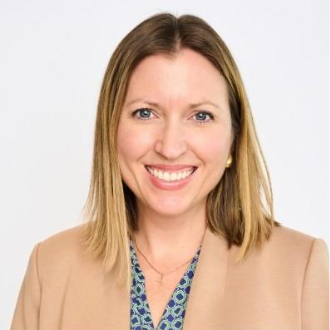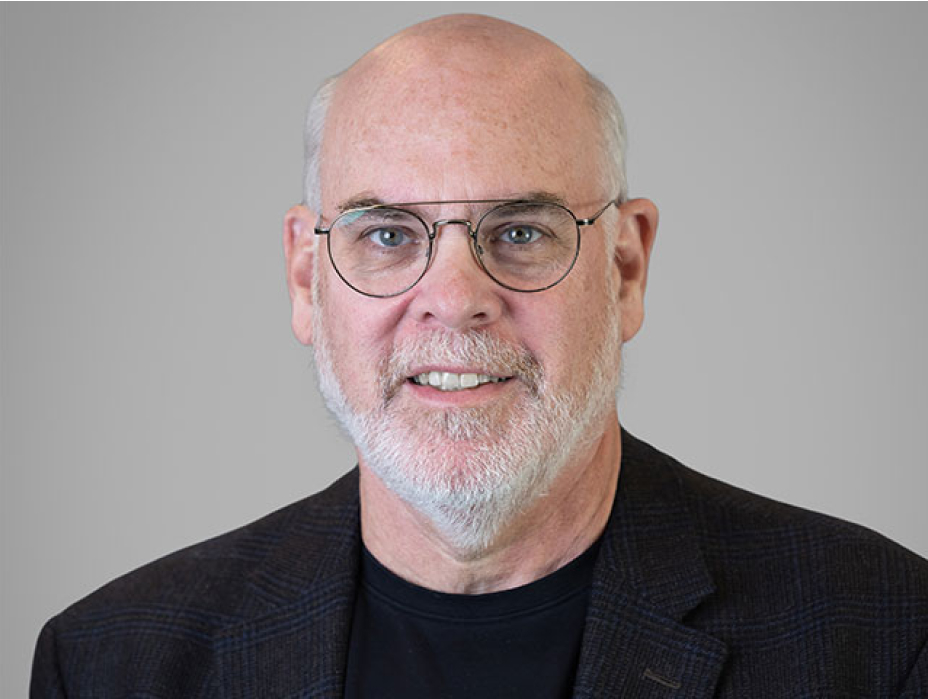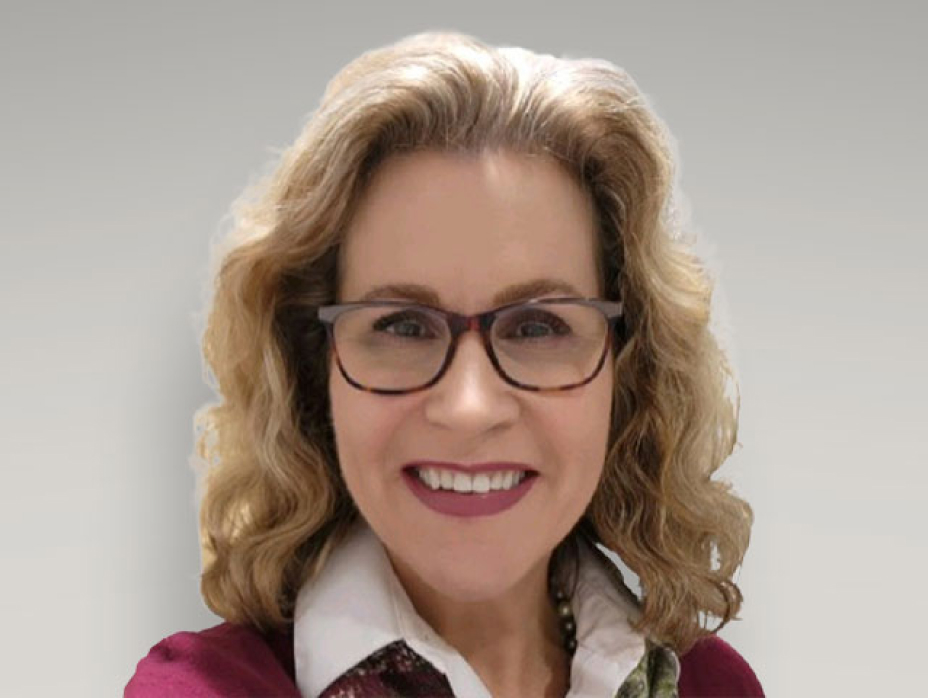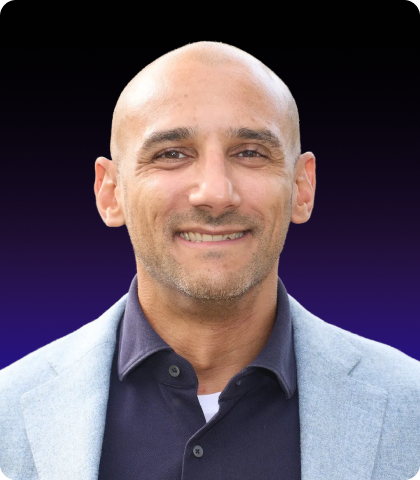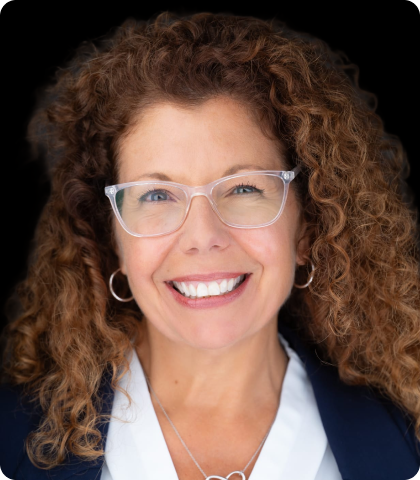The MGA leader discusses how millennial leaders are driving MGA innovation, tackling industry talent challenges, and leveraging technology to outpace traditional carriers.
Over the last few years, the managing general agency sector has transformed from relationship-driven specialty underwriters into technology-powered entrepreneurs reshaping insurance distribution.
This new generation of MGAs combines traditional risk expertise with digital-native ingenuity, leveraging data analytics and AI to identify and underwrite emerging risks that traditional carriers often overlook. Amy Carlisle, president of MSI, embodies this evolution. She’s part of a new generation of executives who left the “conventional insurance” side to help lead what’s become MSI’s MGA platform.
The Insurance Lead spoke with Carlise following her appearance at an InsurTech Insights panel on “Competitive Edge: Developing Tomorrow’s Products Today.” During the session, Carlisle discussed how generational change is driving MGA innovation and competition. MSI itself reflects the sector’s rapid growth: founded in 2015 as a digital renters insurance startup, it has scaled to serve over 1.5 million customers across more than 20 products, achieving over $1 billion in in-force premium last year.
The Insurance Lead: You mentioned during the panel that leadership requires embodying the change you want to see. Can you elaborate on what that means in practice?
Amy Carlisle: You have to be the person that you want others to be in your organization. If you want your organization to take risks, you have to take risks. If you want your organization to be bold, you have to applaud people being bold. I think it’s just as important to see what’s changing around us as it is to reflect on our role as leaders in supporting the types of organizations that we’re looking to build.
You bring a unique perspective having spent 15 years in traditional insurance before moving to the MGA space. How has that influenced your leadership approach?
I spent those years in a great organization with great fundamentals, but it was very risk-averse and very slow—and that’s by and large the traditional carrier space. As a millennial, I found a lot of leaders within my level of experience were looking to do things that were faster, more innovative. I certainly remember life before the internet, but I’ve also had an iPhone for most of my adult existence. There’s a generational aspect where we, as leaders, are looking at an industry that has been pretty well defined and hasn’t changed much. We can do things differently, faster, in a way that challenges the incumbents.
How does MSI differentiate itself in this landscape?
What we do is excel at understanding unique forms of risk and pairing them with capacity, then delivering solutions in a way that’s faster and more flexible than what you see out there. That’s exciting, especially if you grew up in the traditional space and have lived with fast-evolving technology for most of your adult life.
Insurance isn’t necessarily seen as a typical dream career for kids as they’re picking a major. What originally attracted you to the industry?
I started in insurance looking for a job, not necessarily a career, but I found it to be just a wildly interesting and complex space. I had the opportunity to grow up in a great organization and have lots of different types of experiences, and those experiences allowed me to fall in love with insurance and all of the different ways that it is represented in the market today.
Right at its core, insurance helps people, and it helps businesses. It lubricates the economy in terms of different types of transactions being able to be completed. I do believe that it’s a product with a purpose, and I think for many of us, we’re looking for purpose in all the things that we’re doing.
The industry faces well-documented talent challenges, particularly in attracting younger professionals. How is MSI addressing this?
For companies invested in bringing in talent that is at the start of their career, they’re seeing success in terms of partnering with different universities that have that type of focus. We certainly do that at MSI—we have a strong partnership with the University of Southern Florida, for example. But we also attract a ton of traditional talent from carriers, individuals who are looking for something different. I think the overall awareness of what MGAs are and how they function in the insurance ecosystem has been increasing, which has really helped our recruitment efforts.
Where is MSI focusing its technology investments?
We have proprietary technology that allows us to deliver products to market much faster and integrate with different types of agencies in a way that’s more fluid and flexible. So that is kind of our core, and we continue to invest and enhance that underlying technology. But by and large, we are an underwriting shop, so we invest in different types of data or different platforms that help us to understand price and underwrite risk, because that’s what we do best.





